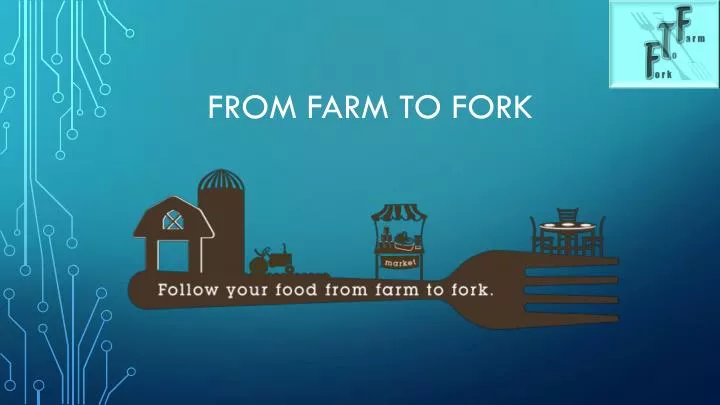
There are upgrades for your cooking stations to purchase, achievements to unlock, and a wide range of things you’ll cook and farm. It’s the clickfest they want, and this one turns into that. Sure, it uses the same concepts and gameplay style but people don’t seem to get tired of it.

It looks nice, and it’s relaxing to playįarm to Fork is a casual game and a good looking one at that. However, when you have a surplus of something, you can use your truck and send it to sell the stuff. You have limited space to store your products so choosing the right order to use them is key. Each level will challenge you to bake or cook a certain amount of something against the clock. In the beginning, you have a few crops, and you must transform them into bread, salads, pasta and other types of products that you can sell to make some money. Well, that and clicking at the right time and the right things but you’ll have to worry about that later on in the game. In Farm to Fork, you will have to do a lot of clicking because that’s what the game is all about. In it, you have to help a group of farmers to rebuild their business after a nearby supermarket has left them without a place to sell their produce or clients. (1990), Scholarship reconsidered: Priorities of the professoriate.Farm to Fork Collector's Edition is a time-management game that features a nice theme and nicer graphics. Furthermore, the NACADA Review 1) supports and enhances the collaborative dialogue between global practitioners in the fields of academic advising, student guidance, and personal tutoring, and 2) provides a podium for articles that address the transferability of theories and approaches from one institutional, national, or socio-cultural context to another.

begin with advising practice (describing and modeling local practice), connect practice to identified theory or model, and address how shared ideas can be applied to contexts beyond local practice.This dynamic relationship between theory and practice is known as PRAXIS.Īrticles published in the NACADA Review contribute to praxis by presenting how practice can be understood in terms of theory, and how theory can inform practice. The Review’s editors subscribe to the interpretation of scholarship as suggested by Ernest Boyer (1990) in which the creation and integration of new knowledge go hand in hand with a commitment to its application and dissemination. The NACADA Review puts theory-based application center stage. The NACADA REVIEW: Academic Advising Praxis and Perspectivesis a peer-reviewed, online academic journal which connects the practice of academic advising to theory from related, relevant fields spanning education, the humanities and social sciences.


 0 kommentar(er)
0 kommentar(er)
